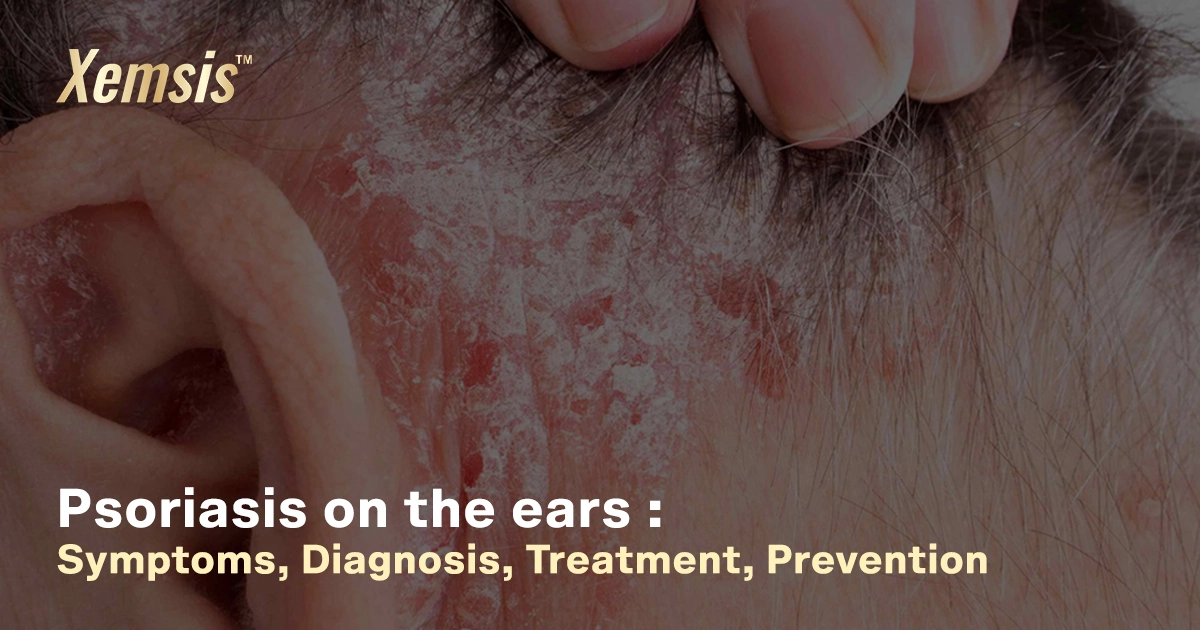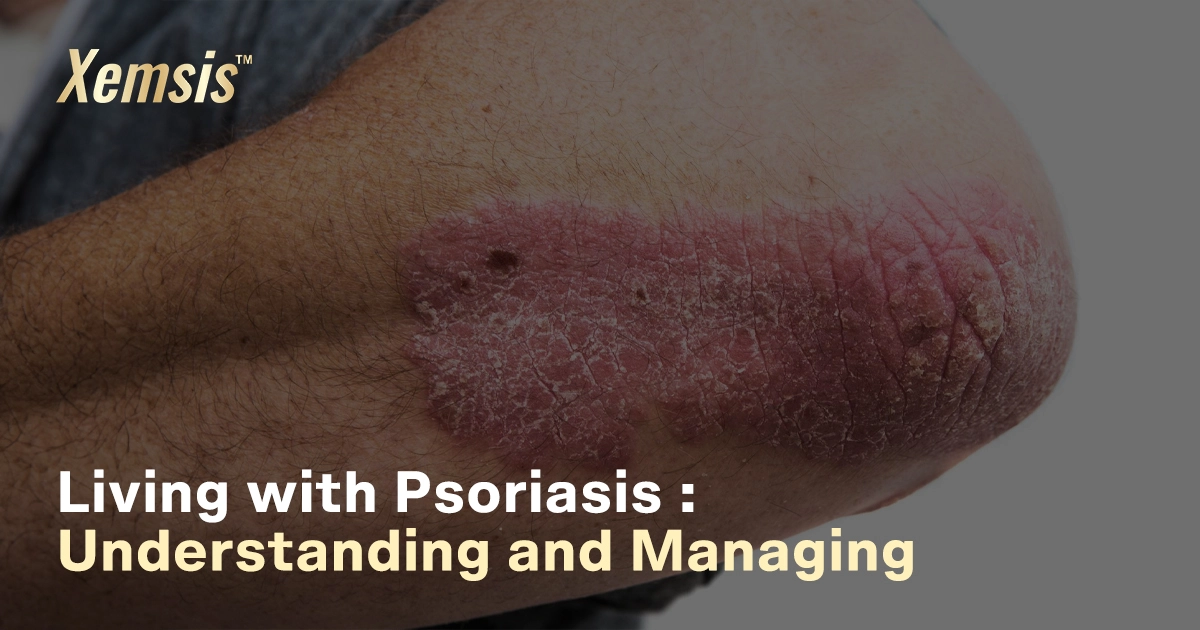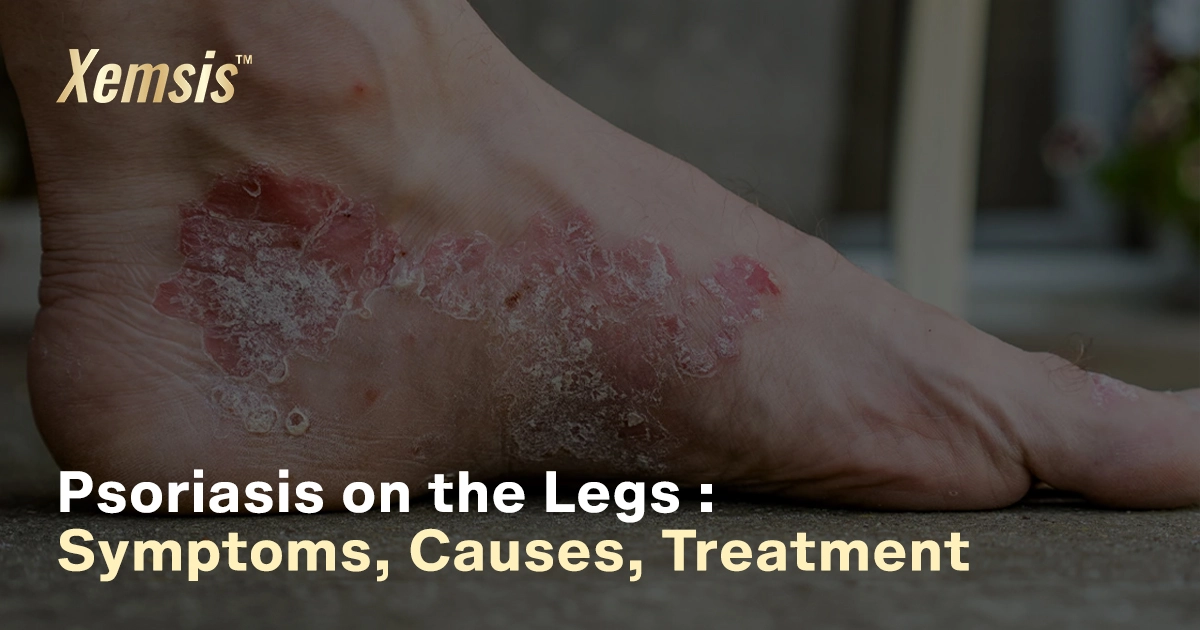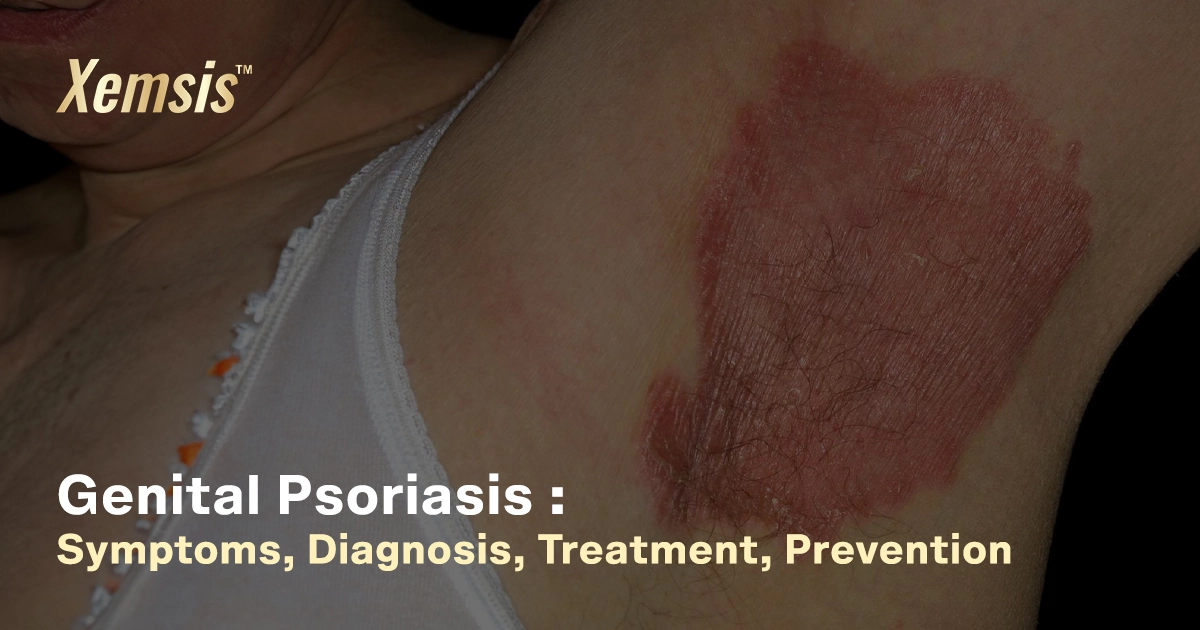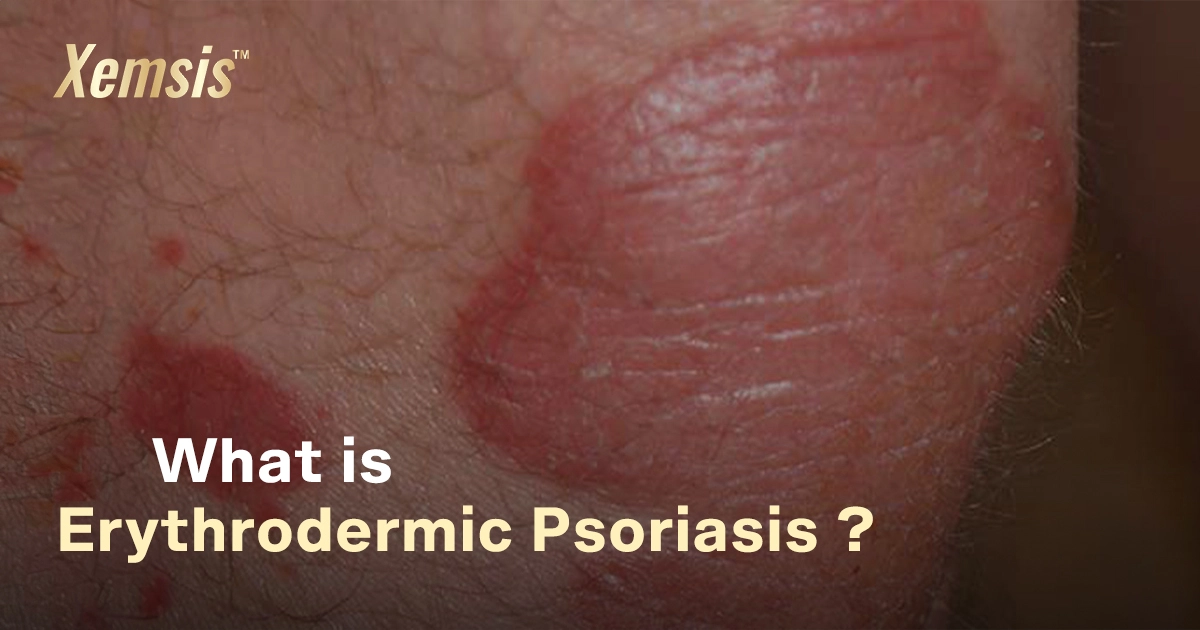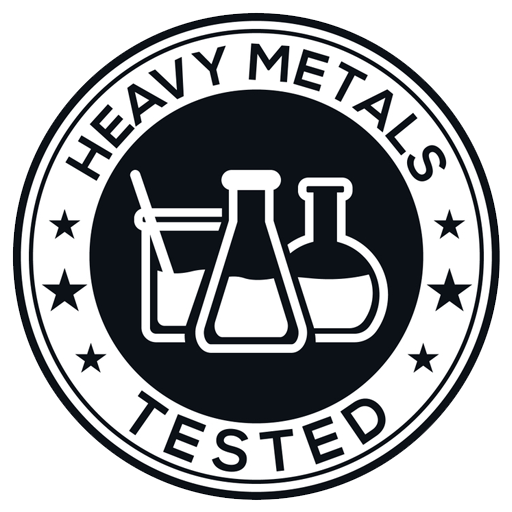Psoriatic Arthritis?
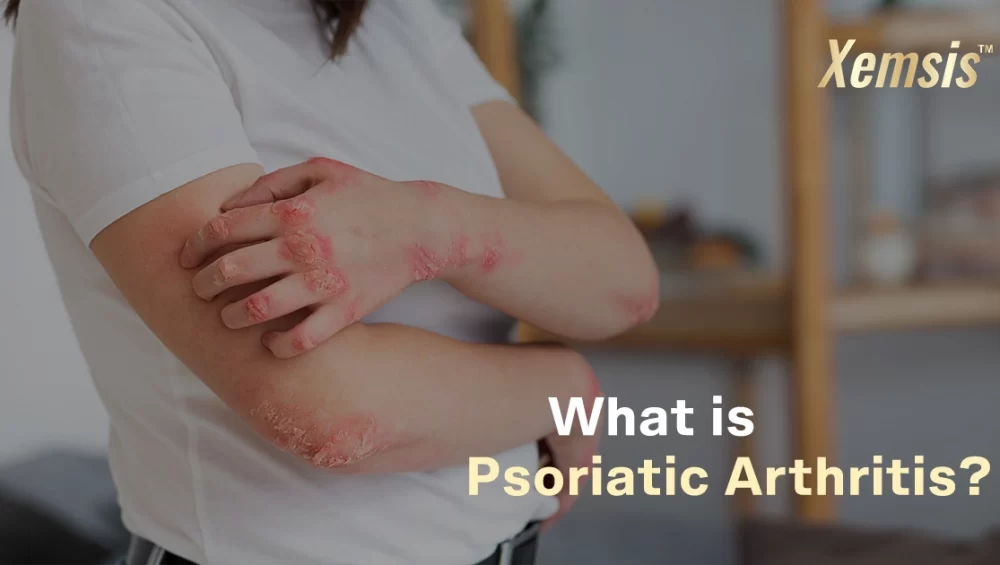
What is Psoriatic Arthritis?
Psoriatic arthritis is a chronic skin condition that causes psoriasis-related arthritis. Arthritis is a condition that causes swelling and distress in one or more joints. In the case of psoriatic arthritis, the joints that are in distress will be further affected by inflammation with silvery scales.Causes
Psoriatic arthritis is an autoimmune disease that is caused by a person’s immune system accidentally attacking the body’s healthy cells instead of attacking foreign cells. This results in an overproduction of cells that causes inflammation in joints and swelling in the outer skin. These conditions occur mainly through the genetics of the psoriatic family history or poor environmental factors such as viruses and bacteria. People with other forms of psoriasis have a higher risk of developing psoriatic arthritis.Symptoms
Psoriatic arthritis can affect any joint of the body, causing mild to severe pain, inflammation, and swelling. These symptoms will become severe if left untreated. Additionally, the flare-up would occur and go away for periods. Other common symptoms are:- Swollen Toes and Fingers: Psoriatic arthritis can cause severe pain in the toes and fingers by causing inflammation.
- Changes in Nail: It can cause allergic reactions and discoloration in nails where the nail may crumble and separate from the nail bed.
- Allergies in the Eyes: It may cause inflammation in the eyes that causes eye pain, redness, and blurry vision.
- Fatigue: All types of psoriasis and psoriatic arthritis cause tiredness and a loss of energy in the affected people.
- Joint pain: This is the most common cause of psoriatic arthritis. Any number of joints in any part of the body can be affected by swelling, inflammation, and pain.
- Rashes: The exterior skin of joints that are inflamed by psoriatic arthritis will get affected by psoriatic rashes with silver or gray patches.
Types of Psoriatic Arthritis
- Distal interphalangeal predominant: This type of psoriatic arthritis affects the phalanges, that is, the bones of fingers and toes. It also spreads to the nails, resulting in discoloration and swelling.
- Symmetric polyarthritis: This is a common type of arthritis that affects both sides of the same joint in the body, like both elbows and knees.
- Asymmetric oligoarticular: This is another common type of arthritis that affects both sides of the different joints in the body, like one elbow and one knee.
- Spondylitis: There are 33 bones present in the spine, which are called vertebra. This spondylitis type of arthritis affects the joints of this vertebra, causing inflammation and back pain.
- Arthritis mutilans: This is a rare type of arthritis that causes severe corrosion and inflammation in the bones of the hands and feet. This process of infection is medically termed osteolysis.
Risks and Complications
Psoriatic arthritis can affect people of all ages, but mostly it affects adults aged 30 or older. However, people who have other types of psoriasis have a higher chance of developing psoriatic arthritis. Other complications:Diagnosis and Treatment
There is no cure for psoriatic arthritis as of now. However, your doctor will diagnose the severity of the symptom through scans and provide either medicinal drugs or treatment suitable for your condition. Your doctor may treat your symptoms with:- Heat or Cold Therapy
- Physical therapies
- Disease-modifying antirheumatic drugs
- Or with ointments like xemsis that help treat the flare-ups and inflammation caused by psoriatic arthritis.
- In serious, life-threatening conditions like damaged or lost bones, doctors may consider surgery as a last option.
Prevention
There is no proven way to prevent psoriatic arthritis. But there are ways to reduce the severity of its symptoms.- Avoid alcohol and tobacco products.
- Maintain a proper diet with many fruits and vegetables.
- Follow physical activities like swimming, exercise, and yoga regularly.
- Stay positive and avoid unnecessary stress and tension. Meditation helps effectively in avoiding negative thoughts and stress.
- Protect yourself from physical injuries.
- Monitor your health regularly.
- Keep in touch with your healthcare provider, and take the prescribed medications and ointments consistently.
- Get enough sleep.
Takeaway
As psoriatic arthritis is a chronic condition, it can’t be cured in the short term. Keep hope, follow your doctors, and live a calm and composed life. We, Xemex, produce effective treatments for all types of psoriasis with Xemsis ointment that shows desired changes within some days of usage.
Rakhul Mathivanan
Rakhul Mathivanan, a writer and filmmaker, focuses on creating innovative and unique content through directing short films, writing scripts, blogs, articles, case studies, and website content. He loves to watch movies, read books, listen to music, and travel. He has also had expertise in the field of writing and filmmaking for over a year and works closely with Xemsis by providing them with well-researched blogs about psoriasis.

